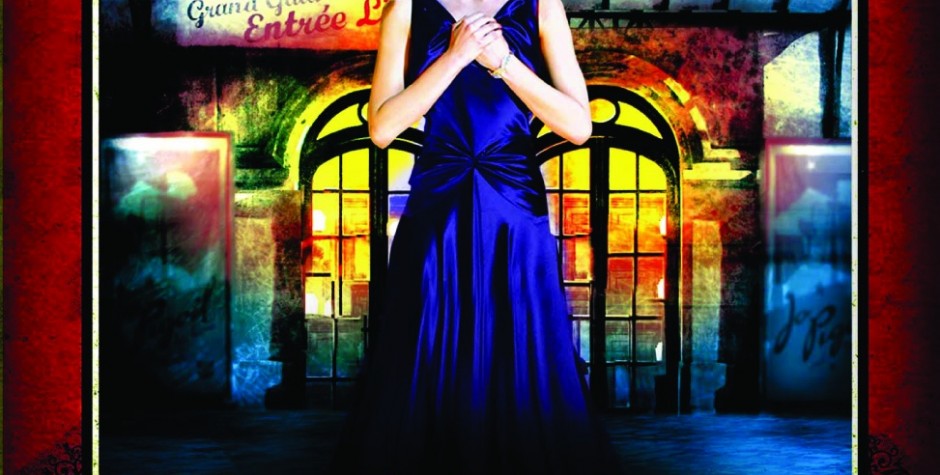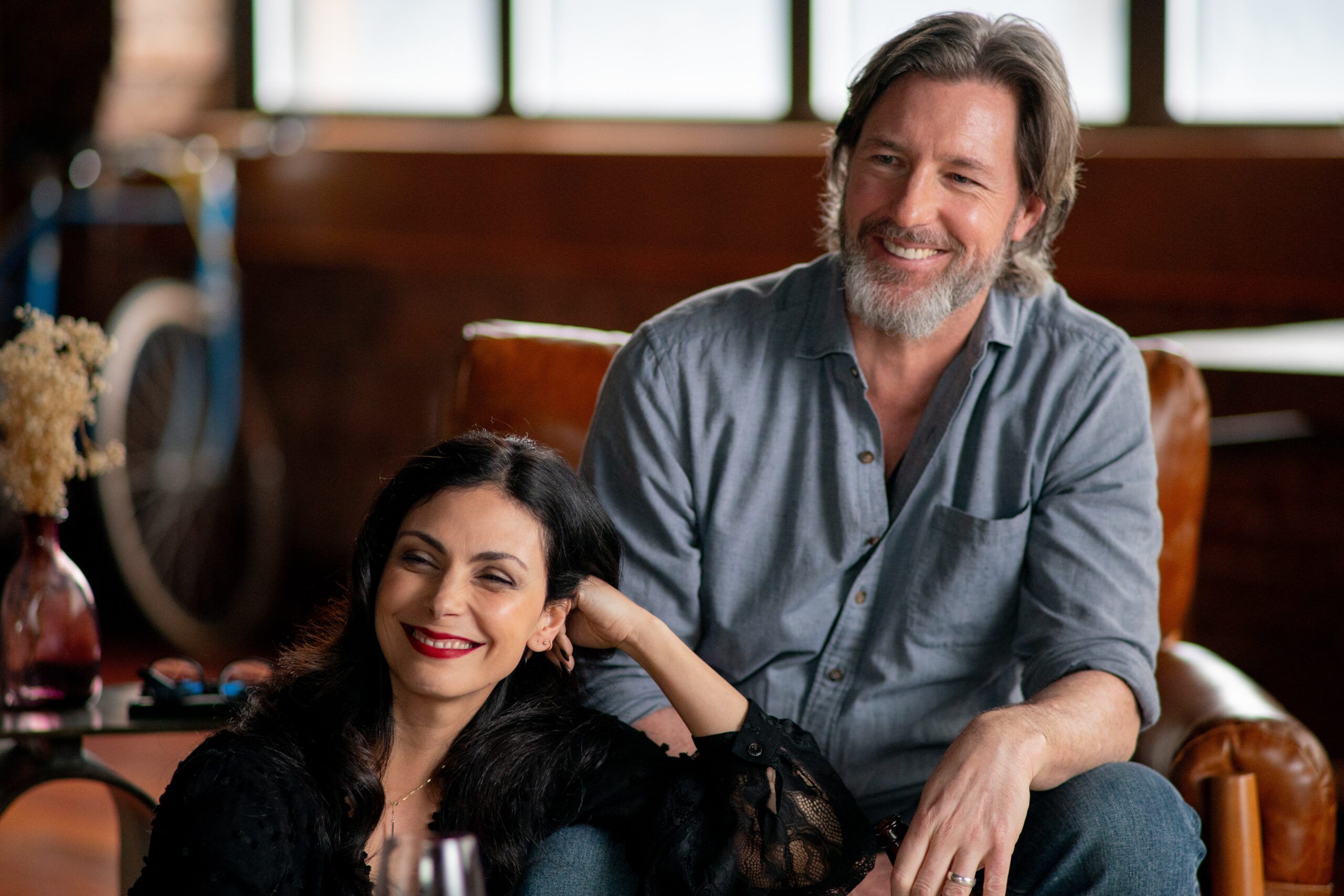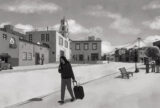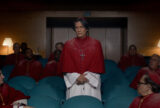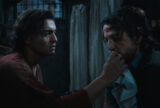04.1.2009 | By Ted Faraone |

Rated: PG-13 for some sexuality and nudity, violence and brief language.
Release Date: 2009-04-03
Starring: Christophe Barratier, Pierre Philippe
Director(s):
Distributor:
Film Genre:
Country: France
Official Website: http://www.faubourg36-lefilm.com/
Go to our film page

Mickey and Judy Put on a Show… In French
Â
It is only April but “Paris 36†may be the feel-good movie of 2009. The third feature by helmer Christophe Barratier (“Les Choristersâ€) is a stew of plots and subplots with a cast almost the size of that of “Slumdog Millionaire,†but that does not detract from its appeal. Set in Montmartre from New Year’s Eve 1935 to New Year’s Eve 1945, pic’s action takes place against the backdrop of the short-lived Popular Front government of Leon Blum, the Jewish premier who became the focal point of French Fascist anti-Semitism. To cram all that historical context into a two hour movie is a daunting task, but Barratier and co-writers Pierre Philippe and Julien Rappaneau are more than up to it. Fast moving plot and crisp dialogue help. So do compelling performances by the entire cast, Barratier’s confident direction, and no-frills editing by Yves Deschamps.
Â
Despite its historical context, “Paris 36†is a comedy that morphs into a musical. The Fascists are almost comical.
Plot centers on a music hall taken over by a greedy, Fascist real estate thug (Bernard-Pierre Donnadieu) who closes it and puts its workers, including lighting man Germain Pigiol (Gérard Jugnot), out of work. Eventually the workers, led by Pigiol, occupy the theater and stage shows that bomb. They are saved by the arrival of Douce (Nora Amezeder), a songstress of fine voice whose history is central to the plot. Pic is narrated by Jojo (Maxence Perrin) who plays the roughly ten-year-old son of Pigiol. Jojo’s theatrical ambitions provide one of two key subplots. The other hinges on a love triangle pitting labor activist Millou (Clovis Comiac) against Donnadieu’s Gallapiat over the affections of Douce.
Â
Deus ex-machina plot twists are easily overlooked. Notable among them is the surprise un-retirement of Max (Monisieur TSF played by Pierre Richard—TSF is French for radio) a 20-year agoraphobic who sees the world through his radio. It seems that Douce’s mother, a music hall star, was the love of his life. He composed her songs and conducted her orchestra in the very same music hall at pic’s center some two decades earlier. He returns to do the same for her daughter.
Â
Production numbers, set in the music hall, abound during pic’s final reel. One feels almost transported to MGM in the 1930s except that it’s all in French. It seems that every worker at the theater, even the lighting guys, is a superb singer and dancer. Who’d of thunk? Barratier handles what pathos there is economically. Auds are guaranteed not to shed a tear. Production design by Jean Rabasse excels in evoking inter-war Paris. Original music by Reinhardt Wagner and lensing by Tom Stern leave nothing to be desired. The only minor quibble, easily overlooked, is its somewhat predictable ending.
Â
Pic, distributed in US by Sony Pictures Classics, carries a PG-13 rating, perhaps because of a few brief violent scenes. However, for families not averse to subtitles, “Paris 1936†makes an excellent outing.

